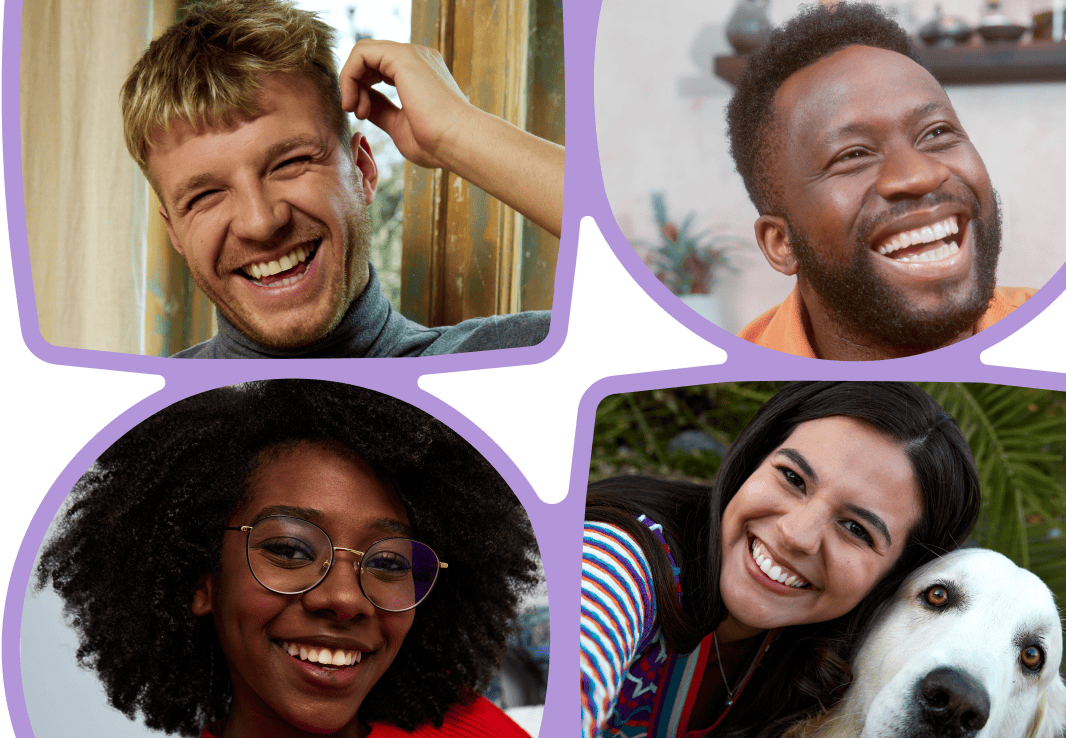Summer is all about suncream, single life and living for the moment. As it starts to get colder, humans naturally want to hibernate (ideally, alongside someone else) and retreat into comfort. Weighted blankets, open fires, cashmere jumpers, hot toddies…and a short-term significant other to keep us warm? Welcome to cuffing season. Where a relationship really is just for Christmas.
What is cuffing season?
Cuffing season is a period of time where single people begin looking for short-term relationships to see them through the winter months – someone to skip straight to the cosy stage with when the weather gets colder.
Psychotherapist and author Charlotte Fox Weber says “It’s a basic human (and animal) impulse to cuddle up with another warm body during cold seasons. Nature pushes the desire to belong and join others.”
When is cuffing season?
Cuffing season starts in late Autumn (perfect if you want someone to wear a couples Halloween costume with) and ends in Spring. During cuffing season, summer flings fizzle out, people start going on dates regularly again, and that on-off-casual-hook-up might get a little less casual. Which makes total sense, as research suggests that people feel more lonely in cold weather.
What does cuffed mean?
The term first popped up over ten years ago, but only got really popular in the last five or so. People even Corona Cuffed (a special, lockdown version of cuffing). The term comes from the word handcuffs, and is slang for being joined together.
How to know if you’ve been cuffed
If you’re seeing a lot of the other person, but find your partner is noncommittal with future plans, you might need to ask them a serious question like “where do you see this going?”.
Cuffing isn’t fun unless both people understand the situation. If you’d like to couple up with someone for the short term, be upfront and let them know from the start you’re not looking to settle down. You don’t want to blindside someone straight after Valentine’s Day.
Should I get cuffed?
Cuffing (with open communication) is a chance to enjoy someone’s company and enjoy the colder days with them. It’s important to recognise that feelings may deepen the longer you date someone. Here’s a few questions to ask yourself before cuffing season:
- Do you want to be single and date multiple people? Cuffing probably isn’t for you.
- Are you looking for a deeper connection? A traditional dating style might be what you’re after.
- Are you good with boundaries? Cuffing involves setting healthy ones.
Remember: you don’t need to get cuffed up just because everyone around you seems to be. You can enjoy pumpkin patches and Christmas drinks without a +1.
Relationship psychologist Tamlyn Coetzee has some cuffing advice: “As the temperatures drop, people tend to seek comfort indoors. During the colder months there’s more free time to start looking online, but it’s also important to keep your spirits up by getting out of the house.”
What happens when cuffing season is over?
The end of cuffing season isn’t clear cut: relationships don’t always end on the first day of spring. If you’ve cuffed and are ready to uncuff, let the other person know and try to end the situation in a clean way. No hanging around and hooking up on and off, unless you both want the same (casual) thing.
Cuffed up turned to loved up? That’s totally ok! Tell the other half of your cuff how you feel, and hopefully it’ll turn into an all year round relationship.
Talking is key, and make sure whichever route you go, you’re on the same page.
After reading this, if you’re not feeling the prospect of cuffing season, why not embrace Nuffing Season instead?




